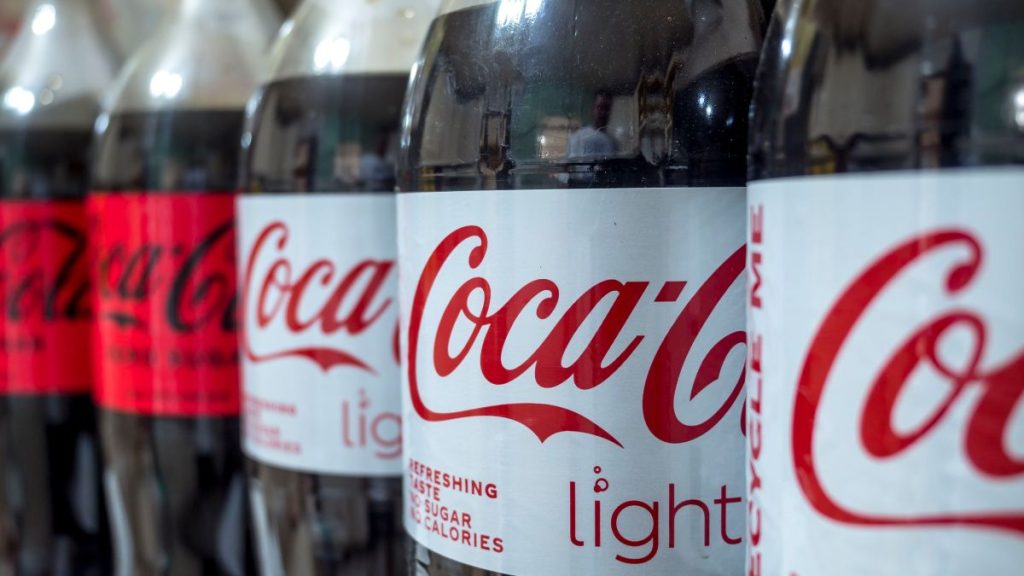New Warning Over Sugar-Free Products for Cancer Patients
Others are reading now
People going through cancer treatment often look for ways to stay healthy. Some watch what they eat, cut out sugar, or switch to diet products.
One of the most common sugar substitutes is sucralose. It’s used in everything from diet sodas to sugar-free gum.
But new research suggests it might not be a good choice for cancer patients on immunotherapy, writes Ziare.
A Test on Mice
A team from the University of Pittsburgh and the UPMC Hillman Cancer Center looked into how sucralose affects cancer treatment.
Their study focused on patients with melanoma and non-small cell lung cancer. They found that people who consumed a lot of sucralose responded worse to immunotherapy. They also had shorter survival times.
Also read
Immunotherapy works by boosting the body’s immune system. It helps T cells find and attack cancer.
But in mice, researchers found that sucralose changes the bacteria in the gut. These changes increase bacteria that break down arginine.
Arginine is an amino acid that T cells need to do their job. When there isn’t enough of it, the treatment becomes less effective.
No Difference in the Stages of Cancer
To test this further, scientists gave mice either arginine or citrulline supplements. Citrulline turns into arginine in the body.
In mice given these supplements, the cancer treatment worked better again. Their tumors shrank, and they lived longer.
Also read
To see if this also applied to humans, researchers looked at 132 patients with advanced cancer. Each person filled out a questionnaire about their diet.
Those who used more sucralose had worse results from their treatment. This was true no matter what type or stage of cancer they had.
More Studies to Come on Other Sweeteners
The research team is now planning a clinical trial. They want to test whether citrulline supplements can help human patients in the same way.
They also want to study other sweeteners like aspartame, saccharin, xylitol, and stevia.
Doctors say it’s hard to tell patients to avoid diet drinks during treatment. Many are already overwhelmed.
Also read
But a simple supplement could be an easier fix. That’s why the team is hopeful about what they might discover next.


